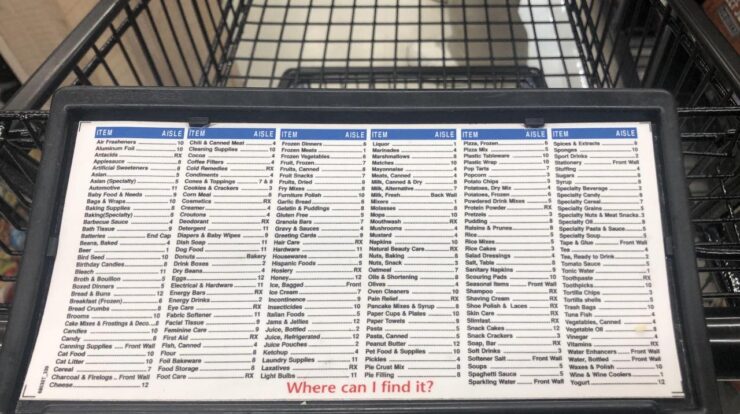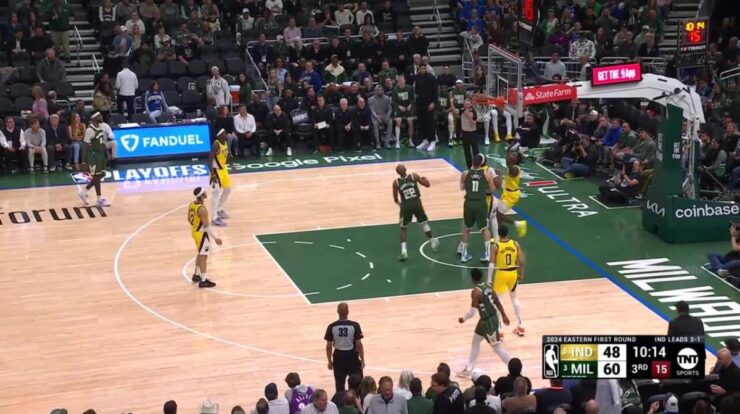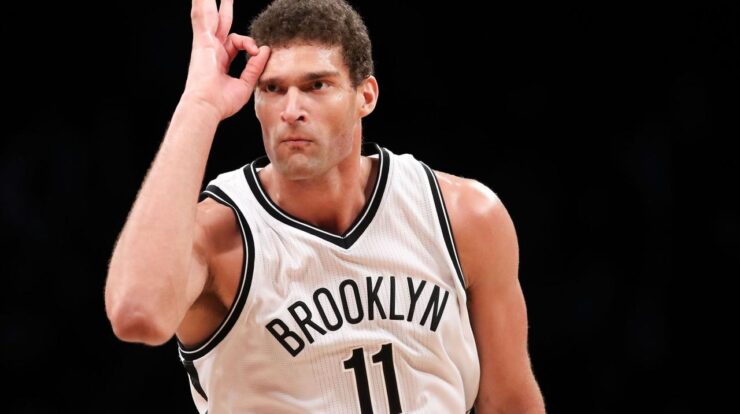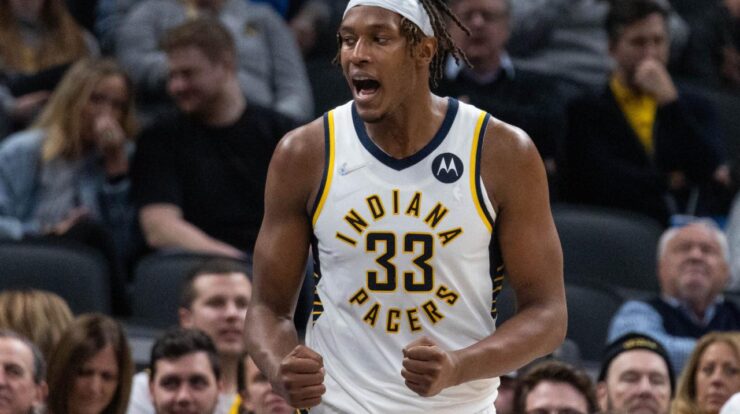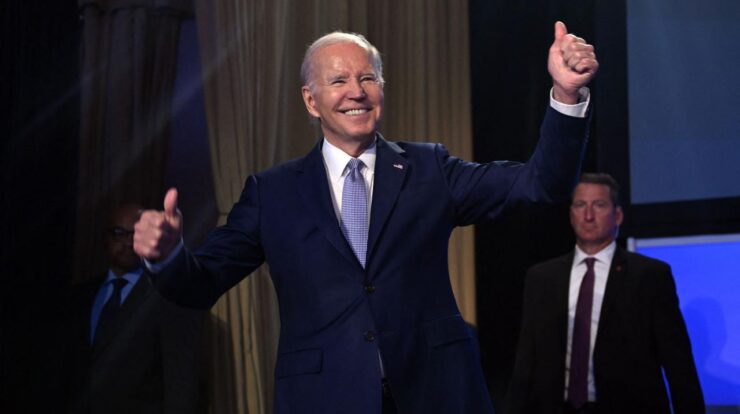
White house correspondents dinner watch – As the White House Correspondents’ Dinner takes center stage, this opening passage beckons readers into a world crafted with idntimes.com’s signature wit and knowledge, ensuring a reading experience that is both absorbing and distinctly original.
The White House Correspondents’ Dinner is an annual event that brings together the worlds of media and politics. It is a night of laughter, speeches, and networking, but it is also a night with a serious purpose: to celebrate the First Amendment and the role of the press in a democracy.
Is a watch or warning worse? Read this article to find out. The difference between a watch and a warning is that a watch means conditions are favorable for a hazardous event to occur, while a warning means the event is imminent or occurring.
For example, a tornado watch means conditions are favorable for a tornado to develop, while a tornado warning means a tornado has been spotted or is indicated by radar. You can learn more about the difference between a watch and a warning here.
Here’s another resource that explains the difference. So, is a watch or warning worse? This article has the answer.
When it comes to severe weather, it’s important to know the difference between a watch and a warning. A watch means that conditions are favorable for a storm to develop, while a warning means that a storm is imminent or already occurring.
Is watch or warning worse ? It depends on the severity of the storm. A watch means you should be prepared to take action, while a warning means you should take action immediately. Difference between watch and warning can be confusing, so it’s important to know what each one means.
Difference between watch and warning is important to know because it can help you stay safe in severe weather. Is watch or warning worse ? A watch is not as severe as a warning, but it’s still important to be aware of the potential for severe weather.
You can check the lakers game watch to see if there are any severe weather watches or warnings in your area.
Historical Overview of the White House Correspondents’ Dinner
The White House Correspondents’ Dinner (WHCD) is an annual event that brings together journalists, politicians, and celebrities. The dinner has a long and storied history, dating back to 1920. Over the years, the WHCD has evolved into a major social and political event, and it has been the site of some of the most memorable moments in American history.
The first WHCD was held in 1920 at the Willard Hotel in Washington, D.C. The event was originally intended to be a way for journalists to socialize with the president and other government officials. However, the dinner quickly became a more formal affair, and it soon became a major social event in Washington.
In the early years of the WHCD, the guest list was limited to journalists and government officials. However, over time, the dinner became more inclusive, and it now includes celebrities, business leaders, and other notable figures.
The WHCD has been the site of some of the most memorable moments in American history. In 1961, President John F. Kennedy famously joked about the Bay of Pigs invasion during his speech at the dinner. In 1981, President Ronald Reagan used his speech at the dinner to deliver a scathing attack on the Soviet Union.
In recent years, the WHCD has become increasingly controversial. Some critics have argued that the dinner is too cozy between the press and the president. Others have criticized the dinner for its focus on celebrity and glamour.
Despite the controversy, the WHCD remains a major event in Washington. The dinner is a unique opportunity for journalists, politicians, and celebrities to come together and socialize. It is also a chance for the president to address the press and the public in a more informal setting.
The Role of the White House Correspondents’ Association
The White House Correspondents’ Association (WHCA) is a professional organization of journalists who cover the White House. The WHCA was founded in 1914, and it is the oldest organization of journalists in the United States.
The WHCA’s mission is to promote the free flow of information between the White House and the public. The WHCA also works to protect the rights of journalists and to ensure that they have access to the information they need to do their jobs.
The WHCA is responsible for organizing the White House Correspondents’ Dinner. The dinner is a major event in Washington, and it is a chance for journalists, politicians, and celebrities to come together and socialize.
The WHCA also hosts a number of other events throughout the year, including briefings with government officials and panel discussions on important issues.
The WHCA is a vital organization that plays an important role in the American political system. The WHCA helps to ensure that the public has access to the information they need to make informed decisions about their government.
The Impact of the Dinner on Media and Politics
The White House Correspondents’ Dinner (WHCD) has a significant impact on the relationship between the press and the presidency. The dinner is a chance for journalists and politicians to come together and socialize in a more informal setting. This can help to build relationships and trust between the two groups.
The WHCD can also be a platform for political commentary. Presidents often use their speeches at the dinner to deliver jokes and barbs at their political opponents. This can help to shape public opinion and to influence the political debate.
The WHCD has also been used to promote social and political causes. In recent years, the dinner has been used to raise awareness of issues such as climate change, gun violence, and racial inequality.
The WHCD is a complex and multifaceted event. It is a chance for journalists and politicians to come together and socialize, a platform for political commentary, and a way to promote social and political causes.
If you’re a basketball fan, you won’t want to miss the Lakers game watch party at your local sports bar. The game is sure to be a nail-biter, so make sure you get there early to get a good seat.
The Cultural Significance of the Dinner
The White House Correspondents’ Dinner (WHCD) is a major cultural event in Washington, D.C. The dinner is a chance for journalists, politicians, and celebrities to come together and socialize in a more informal setting.
The WHCD has been featured in numerous movies and television shows. The dinner has also been the subject of several books and articles.
The WHCD is a unique event that has become a part of American culture. The dinner is a chance for the public to see a more human side of politicians and journalists. It is also a chance for the public to see how the media and the government interact with each other.
Notable Speeches and Performances
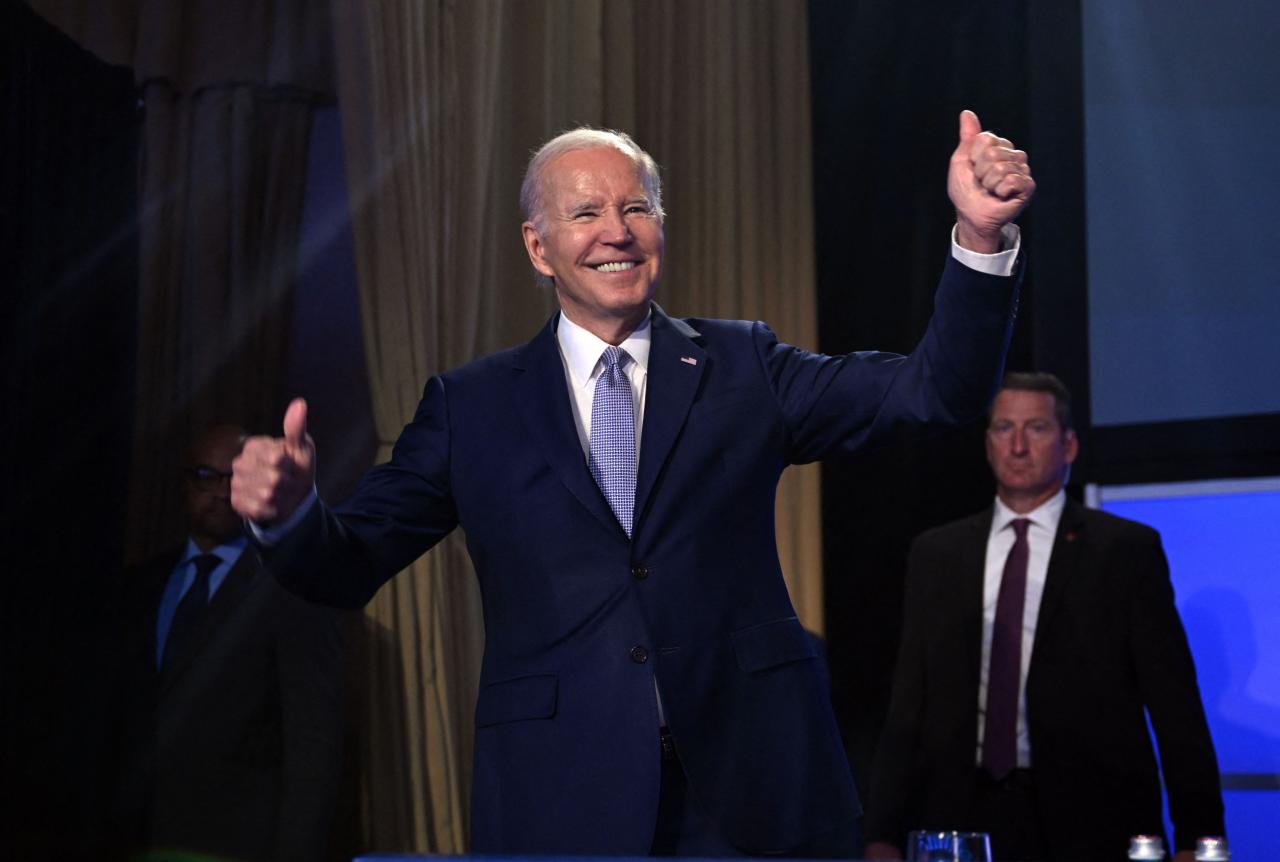
The White House Correspondents’ Dinner (WHCD) has been the site of some of the most memorable speeches and performances in American history.
In 1961, President John F. Kennedy famously joked about the Bay of Pigs invasion during his speech at the dinner. Kennedy’s speech was a master class in political humor, and it helped to defuse the tension surrounding the invasion.
In 1981, President Ronald Reagan used his speech at the dinner to deliver a scathing attack on the Soviet Union. Reagan’s speech was a major turning point in the Cold War, and it helped to set the stage for the eventual collapse of the Soviet Union.
In recent years, the WHCD has become a platform for comedians to deliver political satire. Some of the most memorable performances have been given by comedians such as Stephen Colbert, Jon Stewart, and Hasan Minhaj.
The WHCD is a unique event that provides a platform for some of the most talented speakers and performers in the world. The dinner is a chance for the public to see a more human side of politicians and journalists.
It is also a chance for the public to see how the media and the government interact with each other.
Current Trends and Future Outlook: White House Correspondents Dinner Watch
The White House Correspondents’ Dinner (WHCD) has evolved significantly over the years. The dinner has become more inclusive, and it now includes celebrities, business leaders, and other notable figures.
In recent years, the WHCD has become increasingly controversial. Some critics have argued that the dinner is too cozy between the press and the president. Others have criticized the dinner for its focus on celebrity and glamour.
Despite the controversy, the WHCD remains a major event in Washington. The dinner is a unique opportunity for journalists, politicians, and celebrities to come together and socialize. It is also a chance for the president to address the press and the public in a more informal setting.
The future of the WHCD is uncertain. Some have argued that the dinner has become too political and that it no longer serves its original purpose of fostering relationships between the press and the president.
Others have argued that the WHCD is still a valuable event that provides a platform for political commentary and satire. Ultimately, the future of the WHCD will depend on the decisions of the White House Correspondents’ Association.
Summary
The White House Correspondents’ Dinner is a unique event that provides a platform for the press to hold the powerful to account, while also celebrating the First Amendment and the role of humor in public discourse.
FAQ Overview
What is the White House Correspondents’ Dinner?
The White House Correspondents’ Dinner is an annual event that brings together the worlds of media and politics. It is a night of laughter, speeches, and networking, but it is also a night with a serious purpose: to celebrate the First Amendment and the role of the press in a democracy.
Who attends the White House Correspondents’ Dinner?
The dinner is attended by the President of the United States, members of the White House press corps, and other invited guests from the worlds of media, politics, and entertainment.
What is the purpose of the White House Correspondents’ Dinner?
The purpose of the dinner is to celebrate the First Amendment and the role of the press in a democracy. It is also an opportunity for the press to hold the powerful to account, while also celebrating the role of humor in public discourse.


